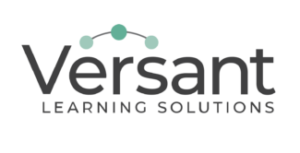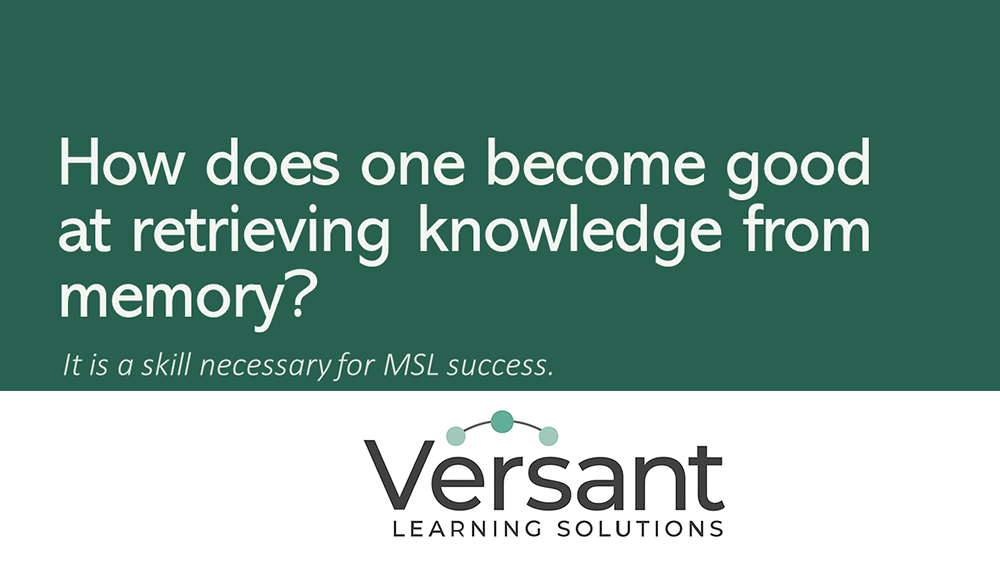Information retrieval. It sounds like computer talk, but we do it every time we call up a fact or data point in a conversation.
How does one become good at retrieving knowledge from memory?
Consider using three actions consistently – Reflection, practice, and listening.

Reflection
If you are constantly moving from one task to another and never take time to reflect, you are missing out.
Reflection provides space to consider what you have learned and what you already knew and define the next steps to refine your knowledge.

Try to schedule an appropriate amount of time – you may want to try several lengths of time to identify the perfect span for your attention. Scheduling time each week on the calendar protects the space from meetings and procrastination.
Sometimes reflection looks like sitting quietly at a desk, but others reflect by doodling, mind mapping, or actively writing based on a prompt. What works will be unique to each person.

If prompts sound like a safe way to start, consider the following questions:
- What did I know before?
- What new information aligned with my thoughts?
- What concepts were new to me this last week?
- Why was the data convincing, or what causes doubt for you?
- What experiment(s) would you do next?
- What questions do you still have on the topic?
- How could you extend your knowledge further?

Our memory works by making connections. Each time a concept or data point is consciously considered, the memory of that fact becomes stronger. Remember how difficult it was to explain a project when it began but became easy after discussing it many times.
Practice
Retrieval practice improves performance. Practice improves any performance – sports, music, theater, hobbies, conversation.
Researchers know that long-term memory is enhanced by the testing effect – time devoted to retrieving information.
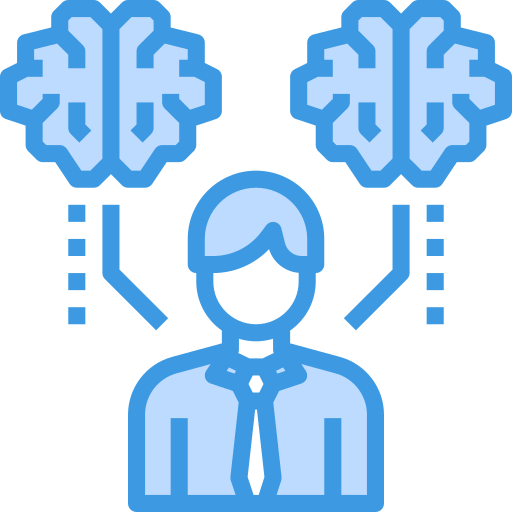
MSLs spend hours each week engaging with KOLs on topics of scientific relevance. Some KOLs like to debate, while others prefer certain types of data or formats of delivery.
The more practice an MSL has using data to drive conversation and make connections, the higher their performance in the field. When I started in the field, mentors shared that it would take approximately three years to feel completely relaxed in the job.
Why? Because over that time, I would have conducted many scientific exchanges, fulfilled medical requests, participated in Ad Boards, and overcome awkward situations while traveling through my territory.

Therefore, seize the opportunity to chat about data at every opportunity.
Record yourself explaining a complicated concept. Refine your explanation. Refine it again.
Consider how you should modify your standard data presentation for different audiences you might encounter. Relatively early in my career, I was asked to speak to a patient group. I was excited to meet the patients but was also concerned about my preparation. My training focused on talking to medical professionals – not patients. The topic – a conference update on the field. Yikes! There was little time for practice, and I am positive that I could have shared a more compelling presentation had it not been my first exposure to the audience.
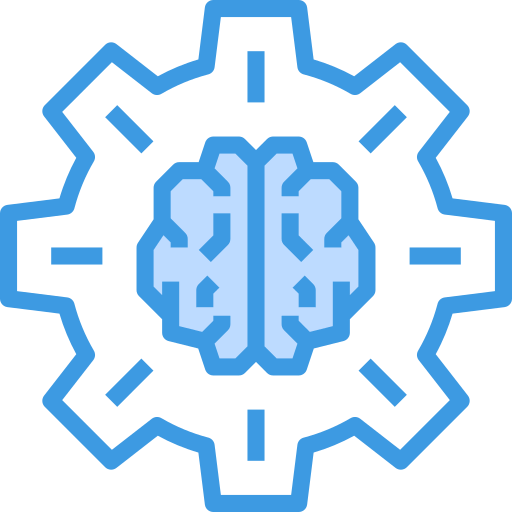
Map out a potential conversation.
- What are you planning to say?
- What might they say (2-3 frequent responses)?
- What would you say next? Why?
- Could you improve your answer? How?
- If you are looking for insights or comments on a specific treatment practice – how does the conversation flow naturally to those strategic topics?
Each time you practice verbalizing the knowledge you have in your head, you improve your memory. A strong memory allows you to pivot quickly and flex in the field in response to the conversational flow.
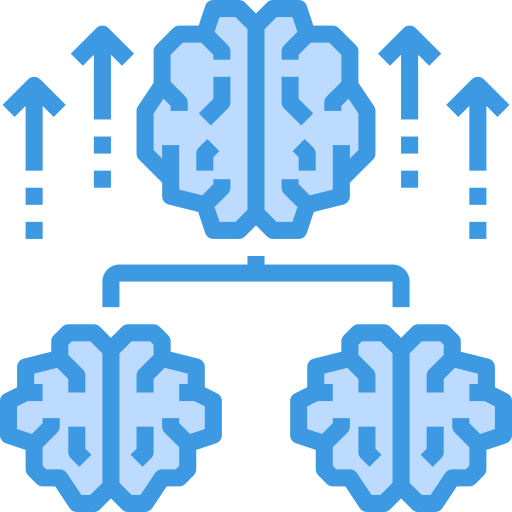
Listening
Listening – it seems so easy. We both know it is not easy.
Seek out alternative explanations and perspectives in the field.
Have you ever heard someone use an analogy or explain a concept in such a masterful way that you wonder why you did not think of that yourself? It is like a moment of clarity.

The phrasing helps you make a connection that was not there previously. You see the data set in a new way.
Those connections made at the moment strengthen your memory of events and knowledge obtained in the past.
Actively retrieve information as you consider your response – not while your conversation partner is speaking.

Put it together
How can you utilize these three techniques to improve your performance?
Reflect on your upcoming data conversations and audiences over the next few weeks. What can you refine? Practice?
Seek out quality content that will challenge and expand your knowledge. There is new data out there daily. We have to keep up.
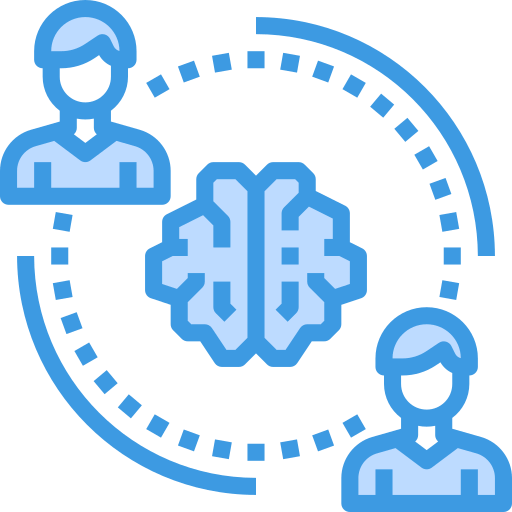
Listen carefully to everyone. Do you agree? Disagree? Ask clarifying questions at every opportunity. Try to understand the context and perspective from which the data is presented.

Take time to reflect on what you have experienced and learned during the week.
- What challenged you?
- What became easier?
- What will be a challenge next week?
- How can you plan and prepared for the next data conversation?
Along the way, your memory and agility with the data will dramatically improve.

Proven Value for Medical Affairs
Medical Science Liaisons and the Medical Affairs department must constantly refine and update the personal knowledge database inside their head.
Knowledge management is critical at both the organizational and individual levels.
Personal knowledge management differentiates MSL performance.
If team members are not fluent with the data, opportunities to share information are missed in the field.
Contact Us to Develop Your Strategy
If you would like to discuss your team’s situation, please get in touch with us.
We would love to facilitate a workshop on this topic, designed to use your therapeutic data and specific scientific exchange imperatives.
We can also design a custom blend of workshop topics that touch on communication and data fluency from various perspectives and theories.
References
Greving, S. and T. Richter, Examining the Testing Effect in University Teaching: Retrievability and Question Format Matter. Front Psychol, 2018. 9: p. 2412. https://www.frontiersin.org/articles/10.3389/fpsyg.2018.02412/full
Agarwal, P.K. What is retrieval practice? 2021 [cited 2021 July 14, 2021]; Available from: https://www.retrievalpractice.org/why-it-works.
